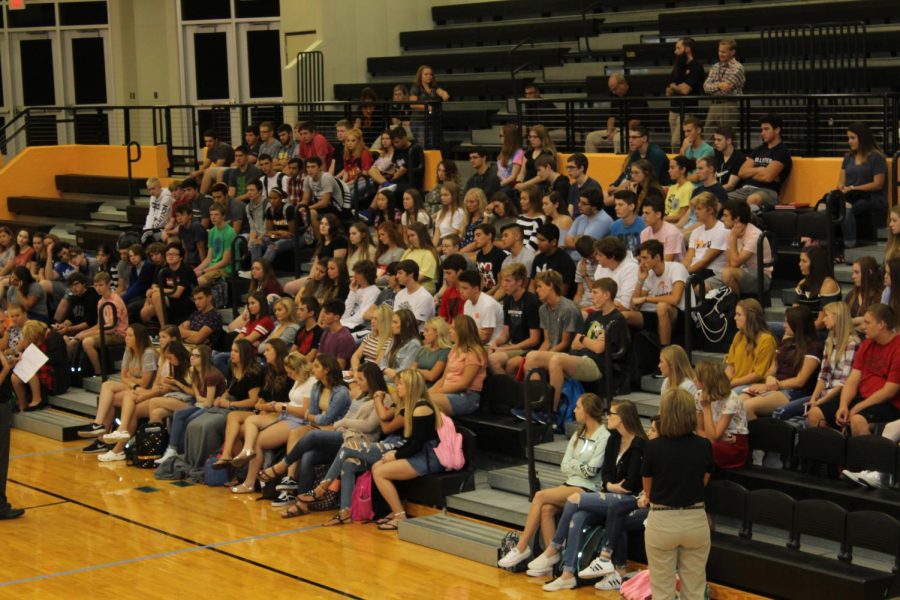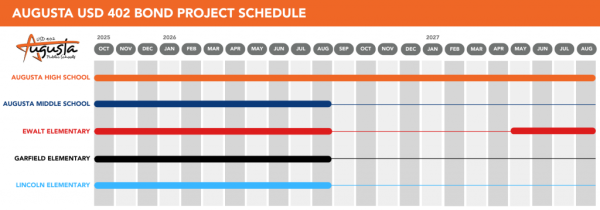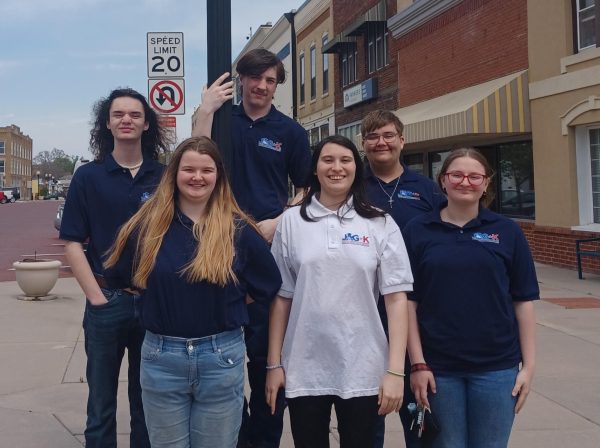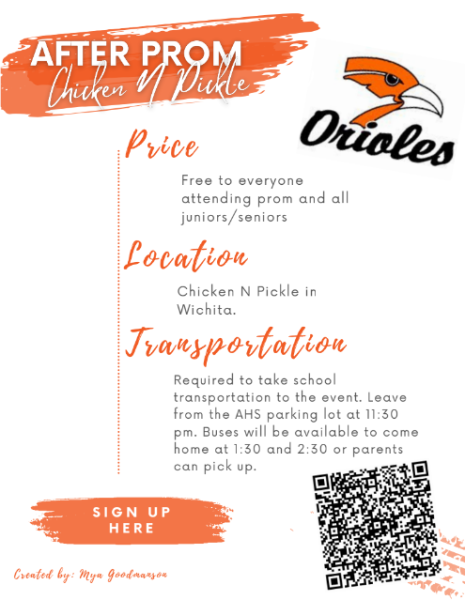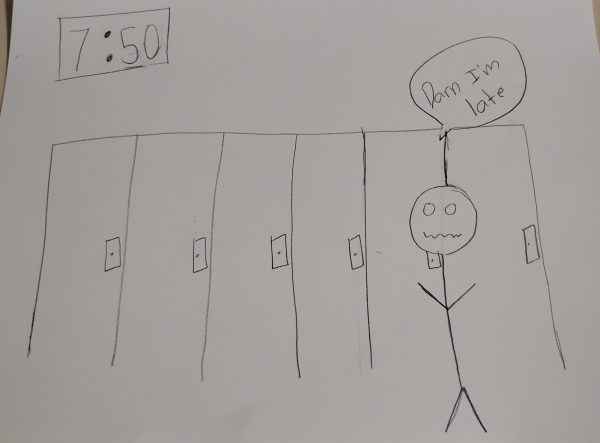Special education students lack feeling of acceptance
Special education students say they have a harder time feeling accepted than other students. Many feel belittled and unintelligent when it comes to their peers; however, it may not be for the reason everyone believes.
“I feel like we’re not as smart as everyone else and that other kids see us differently,” Ebony Jackson (10) said. “Whenever you walk out of the classroom to get your test read to you, they look at you and it feels like they’re all talking about you.”
These students are hard on themselves when it comes to their disabilities. These feelings get even more intense as they get older and are more aware of the acceptions given to them and not others.
“The general public of kids are very open. Sometimes, it’s our own special ed. kids that are dealing with those feeling and not necessarily anyone else saying it. They’re just very conscious of it,” special education teacher, Carrie Spear said. “When they’re with the majority…you wouldn’t necessarily know that they have a problem.”
Aside from the treatment of student to student, the understanding between teachers and special education students is a different situation. Some special ed. students may share their reasons for being in the program with friends; however, only teachers with special ed. students are informed of the disabilities and exceptionalities.
“I can only share information about a student if a teacher actually has them in class,” Spear said. “We don’t share what the disability is, how to work with it, so part of them not knowing how to work with the kids is they may not have them in class and wouldn’t even know how to approach them.”
Special education students have certain Individual Education plans (IEP) that allow them to receive the extra help and adjustments needed to learn; however, it is harder for some students to accept the terms because it makes them different from everyone else.
“When a teacher asks if you need extra stuff, and they don’t have it right then and there, they would be a little irritated that they had to go get it rather than stay with the regular students,” Christian Arnn (10) said. “It felt like you were being watched by everyone.”
In younger years, some students were not treated the nicest due to the differences between the students.
“It doesn’t happen nearly as much anymore, but it happened quite a bit in elementary,” Jaden Shumaker (9) said. “I would get picked on because I read slower than everyone else”
Most people assume that the special ed. students have a mental or physical disorder that makes them less smart than everyone else, but that is not technically the case.
“I wish most people would realize that most kids in special ed. are in special ed. because they don’t have a good memory or are slower than everybody else, but most are very smart students,” special education teacher, Regina Werner said.
Even though there are adjustments made to help them, it is still sometimes difficult for the special education students to understand and learn certain subjects, and they have to put in just as much work, if not more, to stay at the same pace as the rest of the group.
“Whenever we get our tests read to us everyone, else goes faster and I feel dumb.” Jackson said. “One of my teachers tells me that I have to study and stay on task.”
Despite the differences, all students, special ed. and not, are still people. Lack of understanding is one of the downfalls of acceptance.
“Kids need to remember that we all have our own strengths and weaknesses and theirs may just be more pronounced,” Spear said. “Asking questions, trying to find out how it is, is most opportune to work with particular kids because they are all Augusta students…we all need to work with everyone.”
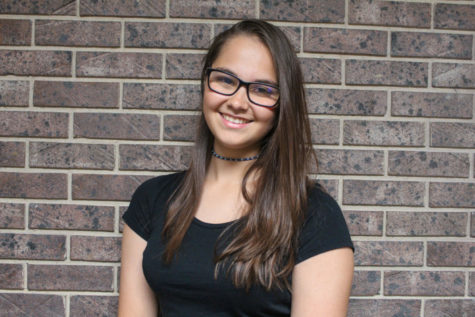
Senior Savannah Athy-Sedbrook is a fourth-year reporter for The Oriole. She can often be found running around during ace to complete stories, as well as...



